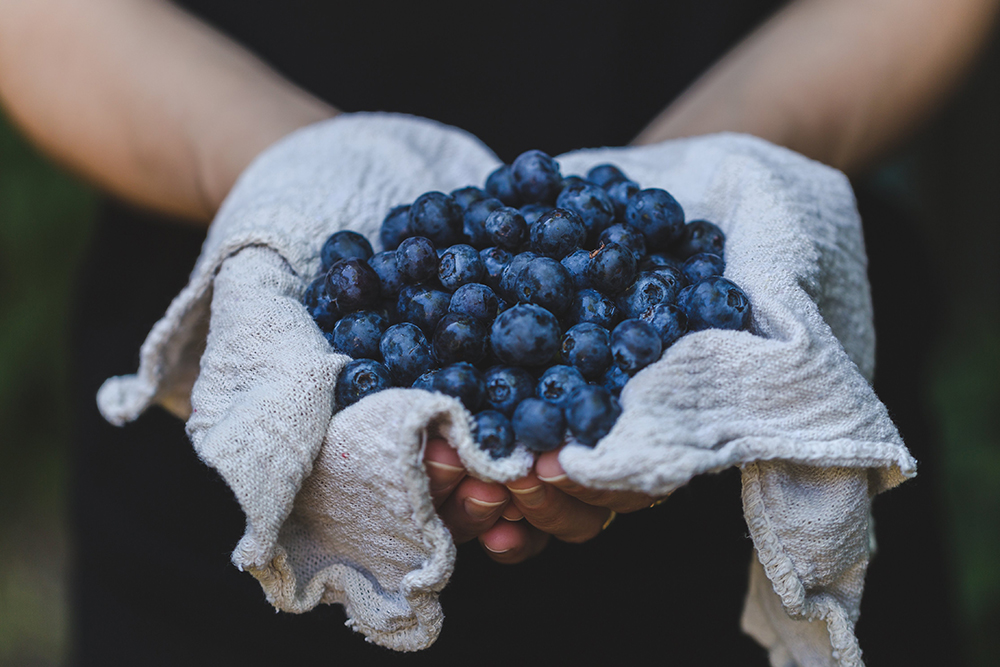Five Easy Ways to Improve Your Heart Health
Contributed by Ryan Peterson.

It’s estimated 33% of Americans have hypertension which contributes to heart problems. Not only that, cardiovascular disease is cited as one of the most common causes of death, with 17.3 million deaths each year. There are steps you can take to keep your heart healthy. First, avoid the obviously unhealthy choices, such as cigarettes and alcohol. They may feel like they help you unwind and relax, but in terms of your body chemistry, they are actually causing your body stress and damage. Second, incorporate healthy behaviors into your daily routine.
Improve Sleep Patterns
A big part of maintaining a healthy heart is improving the supporting conditions around heart health. That includes being active and eating a heart-healthy diet, but it also means getting enough good quality sleep. Poor sleep increases the risk of heart disease and contributes to many of the conditions around it, such as obesity, high blood pressure, and diabetes.
Get Active
Continue readingLower Blood Pressure with Blueberries

There is trial data indicating blueberries help reduce both systolic and diastolic blood pressure.
This double-blind, placebo controlled trial assigned 48 women to receive either 22 grams of freeze-dried blueberry powder or 22 grams of a control powder daily for 8-weeks. Results indicate that blueberry consumption may reduce blood pressure and arterial stiffness.
These improvements may be linked to enhanced nitric oxide mediated vasodilation. Vasodilation refers to the widening of blood vessels, which in turn lowers blood pressure because the heart then exerts less force against arterial walls as it circulates blood.
At the conclusion of the study, participants consuming the blueberry powder daily on average reduced systolic blood pressure 5.1% and diastolic blood pressure was lowered on average 6.3%.
Twenty-two grams of freeze-dried blueberry powder is equal to about 1 cup of fresh blueberries daily.
Raspberries to Reduce Inflammation and Lower Cholesterol
 Berries of all kinds are a wonderful addition to any diet. Let’s look specifically at the nutrient dense raspberry.
Berries of all kinds are a wonderful addition to any diet. Let’s look specifically at the nutrient dense raspberry.
A one cup serving contains just 64 calories, 8 grams of dietary fiber, and 54% of your daily vitamin C needs.
A diet high in fiber promotes lower cholesterol and blood pressure. Studies have found for every 1-2 grams of soluble fiber each day lowers LDL cholesterol 1%. A 1 cup serving of raspberries provides 1 gram of soluble fiber.
Raspberries are low in fat and high in antioxidants, such as vitamin A, vitamin E, and vitamin C. Vitamin C is an antioxidant that boosts our immune system, increases nitric oxide, promotes wound healing, lowers triglycerides, and prevents free radical damage associated with LDL cholesterol. (Vitamin C plays many more roles in our health than what I’ve listed.)
Three Spices to Boost Antioxidants in Your Diet
 Generally when you think about where to get antioxidants in your diet, it’s likely you picture fruit and vegetables. For example, berries are rich in antioxidants as well as dark green leafy vegetables. Red wine and dark chocolate may even come to mind as antioxidant sources.
Generally when you think about where to get antioxidants in your diet, it’s likely you picture fruit and vegetables. For example, berries are rich in antioxidants as well as dark green leafy vegetables. Red wine and dark chocolate may even come to mind as antioxidant sources.
Antioxidants protect cells from damage caused by free radicals leading to oxidative stress. It’s believed a diet rich in antioxidants may provide protective benefits to fight against chronic diseases, such as heart disease and cancer.
Some examples of antioxidants include beta-carotene, vitamin C, vitamin E, and resveratrol.
Often overlooked antioxidant sources include several herbs and spices.
Continue reading
Reduce Heart Disease Risk with Resveratrol
 Resveratrol is a plant substance – polyphenol – that fights certain diseases. In the plant world, plants must withstand fungus, extreme temperatures and insects. Plants produce antibiotics called phytoalexins. Resveratrol is a phytoalexin plants use to fight off disease and repair damage.
Resveratrol is a plant substance – polyphenol – that fights certain diseases. In the plant world, plants must withstand fungus, extreme temperatures and insects. Plants produce antibiotics called phytoalexins. Resveratrol is a phytoalexin plants use to fight off disease and repair damage.
What are the functions of Resveratrol?
Many of the functions of resveratrol have a direct impact on heart disease and/or your risk of developing heart disease. Resveratrol functions include:
- Decreased platelet stickiness (means decreased platelet aggregation & clotting)
- Reduced LDL cholesterol oxidation
- Promotes phase II detoxification enzymes (increase removal of toxins from the body)
- Inhibition of COX-2 enzyme induction (can result in decreased inflammation)
- Anti-inflammatory
- Phytoestrogen (can reduce risk of some cancers)
- Antioxidant
- Role in Alzheimer’s disease prevention
Antioxidants are especially important as we strive to prevent heart disease. Antioxidants slow and prevent the oxidation of cells. For example, it is the oxidation of LDL cholesterol that begins the formation of plaque within artery walls. Oxidation causes stress and cell damage that reduces a cells ability to function properly, eventually leading to cell death. By consuming a diet high in antioxidants, such as resveratrol, you promote decreased oxidation and cell health.
What are sources of Resveratrol?
How to Lower Cholesterol with Oatmeal

The whole grain oatmeal is linked to lower cholesterol, lower blood pressure, blood sugar stabilization, intestinal health and satiety.
Beta-Glucans to Lower LDL Cholesterol
1. Sponge.
Oats contain beta-blucan. Beta-glucan is a type of soluble fiber. Beta-glucan acts as a ‘sponge’, soaking up excess LDL cholesterol and removing it from the body. This is just one way beta-glucan works to reduce cholesterol absorption.
2. Decreases intestinal absorption of cholesterol.
Foods that contain beta-glucan tend to be bulky and cause the intestinal water layer to thicken and be more difficult for cholesterol molecules to penetrate and reach the intestinal cell layer for absorption into chylomicrons. Chylomicrons package cholesterol and carry it back to the liver where it is re-packaged and secreted as VLDL cholesterol. By reducing the amount of cholesterol that reaches the chylomicrons for absorption, beta glucan reducing circulating cholesterol levels.
3. High antioxidant content.



